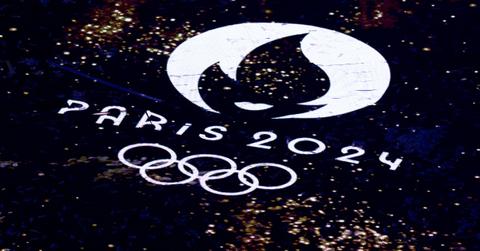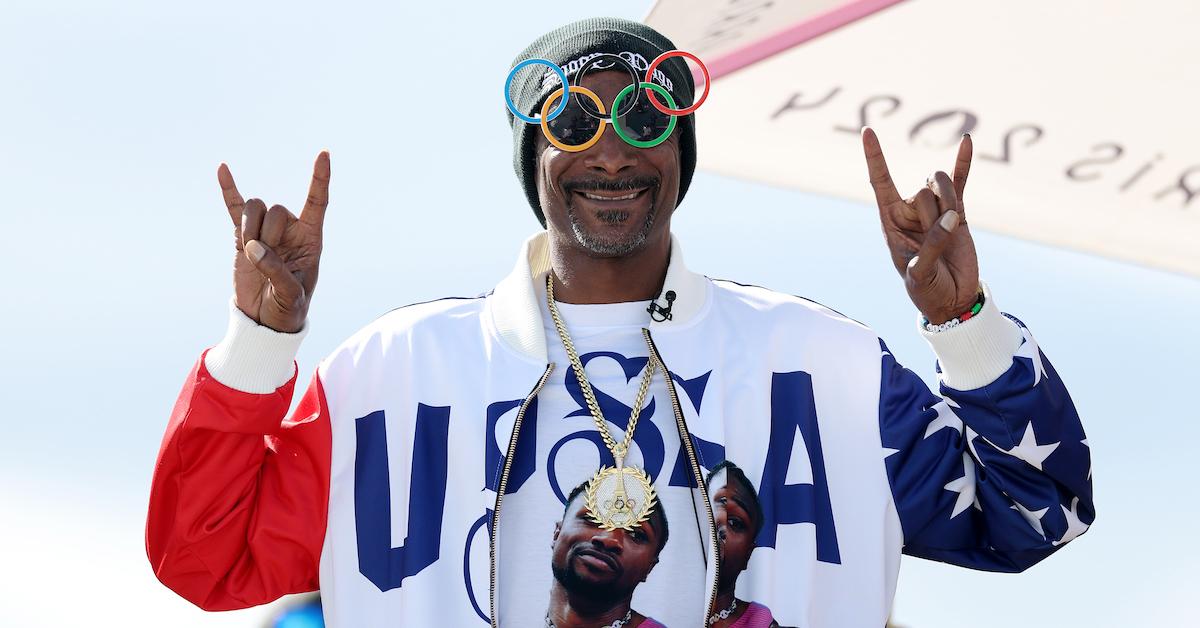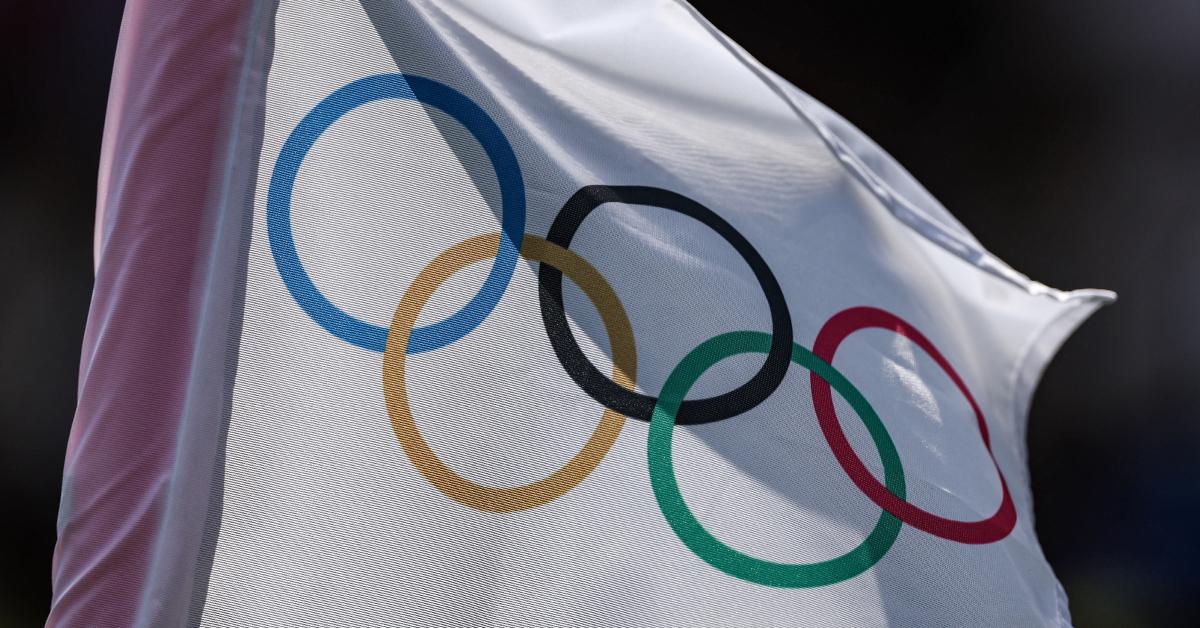Why Do the Olympics Only Happen Every Four Years? Exploring the Tradition and Its Roots
We will all have to wait four more years before the next Olympic Summer Games. Here's why!
Published Aug. 13 2024, 4:22 p.m. ET

Every four years, the Olympic Summer Games bring together the world's top athletes to compete at the highest level. This quadrennial schedule, a tradition since the modern Olympics began in 1896, raises the question: Why are the Games held every four years?
The reason is rooted in historical tradition, logistical needs, and the goal of preserving the event’s significance. Here's everything we know about the olympiad schedule.

Snoop Dogg attends to the Men's Park Final on day twelve of the Olympic Games Paris 2024 at Place de la Concorde on August 07, 2024 in Paris
Why are the Olympic Summer Games every four years?
The tradition of holding the Olympics every four years dates back to Ancient Greece. The original Olympic Games were celebrated in Olympia, as a part of a larger holiday. These Games were part of a religious festival honoring Zeus and took place every four years, a period known as an "Olympiad." The four-year cycle was integral to the Greek calendar, serving as a timekeeping method and symbolizing peace and unity among the cities.
The modern Olympic Games were revived in the 19th century by Pierre de Coubertin. Pierre – known as the father of the modern Olympic Games – chose to adopt the ancient tradition of a four-year cycle, as a nod to the event’s historical significance. The first modern games took place in Athens in 1986, per Britannica. Nearly 300 male athletes from 12 countries attended the showdown (female athletes were not allowed to compete). There were 43 events, including cycling, swimming, and tennis.
Additionally, host cities and countries rely on the four-year interval to manage the significant logistical demands of organizing the games. The Olympics require extensive planning, infrastructure development, and coordination among many stakeholders. This gap gives them enough time to ensure that venues, accommodations, and transportation networks are ready to support the arrival of athletes, officials, and spectators.
Athletes are regularly competing in preparation for the Olympics.
The four-year cycle also gives athletes time to train and qualify for the Olympics. It also enables the organization of other major international competitions, like world championships, which act as qualifying events and boost athletes' careers. Moreover, the four-year cycle allows for the build-up of anticipation as the games are a must-watch event. The decision to host the games quadrennially is rooted in historical tradition but also helps maintain the hype around the sporting event.

A photo shows a flag witht he Olympic rings at the 2024 Paris Summer Olympics in July 2024.
According to NBC, the 2024 games saw record viewership. The Total Audience Delivery (TAD) for the combined live Paris Prime (2-5 p.m. ET) and U.S. primetime (8-11 p.m. ET/PT) time periods reached 30.6 million viewers. This figure represents an 82 percent increase from the 16.9 million viewers recorded during the Tokyo Olympics, as reported by preliminary data from Nielsen and Adobe Analytics.
The games were also streamed exclusively on Peacock, allowing viewers to watch matches on-demand and on their phones. Per NBC, 23.5 billion minutes of coverage for the Paris Olympics were streamed, representing a 40 percent increase compared to the total streaming minutes for all previous Summer and Winter Olympics combined, which amounted to 16.8 billion minutes across NBCUniversal's digital platforms.